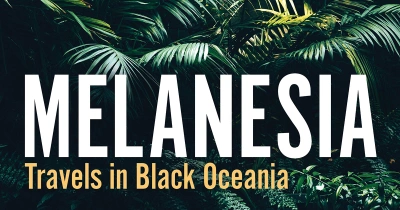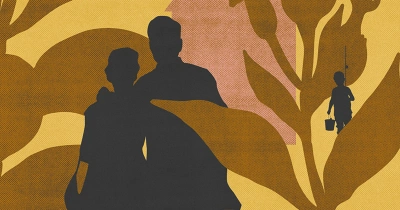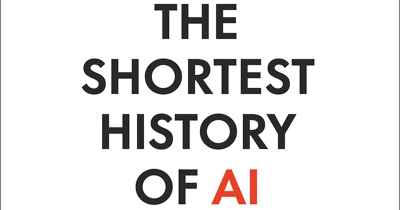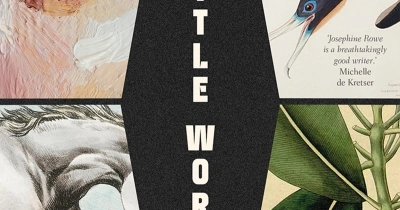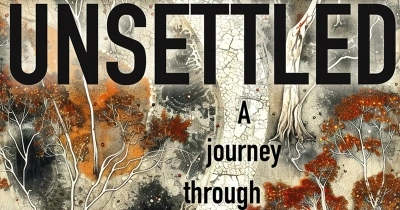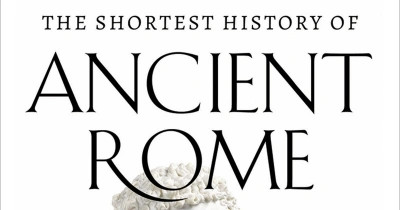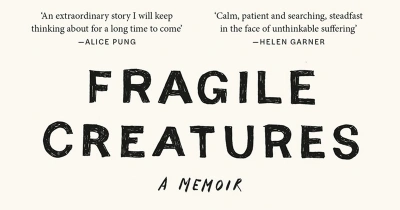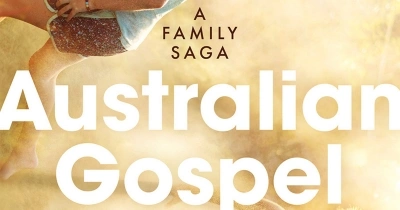Black Inc
The Immigrants: Fabula mirabilis, or, a wonderful story by Moreno Giovannoni
by David Jack •
Unsettled: A journey through time and place by Kate Grenville
by Georgina Arnott •
Let’s Tax Carbon: And other ideas for a better Australia by Ross Garnaut
by Joel Deane •
The Shortest History of Ancient Rome by Ross King
by Kyriakos Velos •


